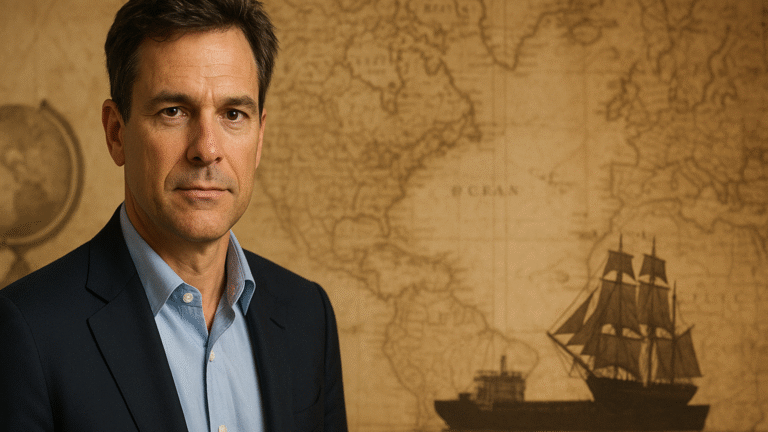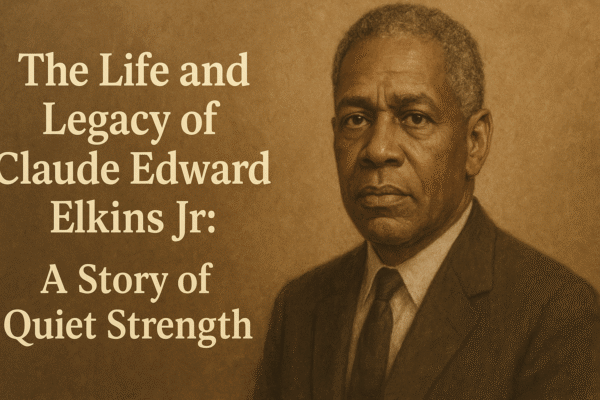Introduction:
Scott Borgerson is a name that will always lead to enquiries and arguments in the business and media arena. As a traffic driver in the business of the sea, and as a partner in the business industry overall, Borgerson has developed into a personality whose career has been characterized by a mishmash of entrepreneurship, innovation, and controversy. To get a clue on what he is, it is best to consider his career success, his contributions in transforming some sectors, and the peculiarities of his image in the press.
Education and Early Life
Scott Borgerson has a discipline and education background. He went to the United States Coast Guard Academy, where he got a bachelor degree in government. His service in the Coast Guard provided him with not only hands-on training in leadership in maritime operations but also imbued in him a leadership approach that emphasized structure, responsibility, and strategic decision-making.
Borgerson went on to earn a master and a doctorate in the Fletcher School of Law and Diplomacy at Tufts University after serving as a Coast Guard officer. He was an expert of the international shipping routes, a specialist of the security and climate change consequences in the arctic, an academic researcher whose work provoked many discussions on the issue of international relations and maritime policy.
Developing a Career in the Marine Industry
The contribution of Borgerson to the maritime shipping industry is one of the typical characteristics of his career. He also started CargoMetrics, a technology-driven investment management business that relied on big data and satellite tracking of shipping traffic across the globe. The mission of the company was to transform raw data on vessels, cargo and ports into actionable financial market insights.
This was by no means the usual route of finance or shipping. The vision shared by Borgerson reflected a progressive attitude: blending the knowledge of the maritime past with the data science of the present. CargoMetrics was the first to fill the gap between the old-world industries and advanced analytics.
Creativity and Global Vision
In addition to being an entrepreneur, Scott Borgerson positioned himself as a thought leader on matters related to climate change, the Arctic, and maritime governance. He wrote in serious publications and newspapers, repeatedly warning of the geopolitical and economic significance of melting ice in the Arctic.
The strength of his arguments was that the new sea routes will alter the world trade and bring competition among the world superpowers. Borgerson was a welcome addition to this policy debate because this contribution offers an opinion based on the premise of practice and theory by providing a connection between real life issues at the sea and international course of action.
Leadership Style
The leadership can be termed as analytical and visionary. He is inclined to think of industries in terms of optimization based on innovation. He does not appeal to the tradition but listens to the contribution that technology and data have the opportunity to make.
Meanwhile, he also lays stress on discipline, which must have been influenced by the Coast Guard service. His colleagues usually refer to him as a person who believes in efficiency, accountability, and results. These attributes enabled him to earn the trust of investors, policymakers, and individuals in various professions.
Life and Publicity
Though Scott Borgerson has made a respectable career, his personal life has been the subject of much publicity, at times even outshining professional success. His media attention resulted in his relationship with, and subsequent marriage to, Ghislaine Maxwell, the British socialite who was convicted in relation to the criminal activities of Jeffrey Epstein.
Borgerson has kept much of his personal life close to the vest, but the media tendency to gossip about his relationship with Maxwell has made his name linked to headlines beyond the sphere of business and maritime policy. This two-sidedness; a successful career and a scandalous connection is what contributed to his overall perception.
Lessons from His Career
Luke Skywalker or Anakin, loved or hated, the story by Scott Borgerson has something to teach to entrepreneurs, leaders, and professionals:
Innovation is the Product of Transgression.
The experience with CargoMetrics demonstrates that the combination of traditional shipping and innovative technologies in data science can work wonders. Innovation usually occurs when one field uses the knowledge of another.
Global Awareness Matters
We are reminded by his work and writing on the Arctic issues that industries are not in a vacuum; rather, they are part of larger geopolitical and environmental systems. Leaders with the bigger picture also have a better chance of predicting change.
Personal Life Influences the Public
The personal connections that Borgerson shows show that a personal issue can influence or complicate the personal legacy. Reputation management is more important than business strategy in the digital age of the digital media.
Challenges and Criticism
Borgerson has also been criticized, especially in the coverage of Maxwell. Others say his association with her tarnished the reputation he had worked to establish as a professional. It is also proposed that it is a difficult task to judge his contribution fully given that he tends to be in the shadows.
Nevertheless, the strands of his career are worth separating. Notwithstanding the scandals of his personal life, his entrepreneurial activity and contributions to maritime policy will always be important.
Looking Forward
The future of Scott Borgerson is still a matter of guesswork today. Will he keep up seafaring innovation? Will he switch to another industry? Or is he going to be kept more or less in the background? What appears evident is that his combination of scholarly excellence, entrepreneurial nature, and top leadership qualities have allowed him to influence industries should he ever decide to re-enter the scene in a high profile position.
Conclusion
Scott Borgerson is an embodiment of the ambiguities of contemporary leadership. He is also a disciplined veteran of the Coast Guard, a visionary entrepreneur, a respected authority on maritime matters of global significance, and a man whose personal life has attracted a lot of public attention. His career teaches us that being a leader is not a straight road; it is affected by career choices and personal choices or events.
To scholars of innovation, geopolitics or reputation in the digital era, the story of the computer artist Borgerson is a case study of how success, controversy and legacy interact.









